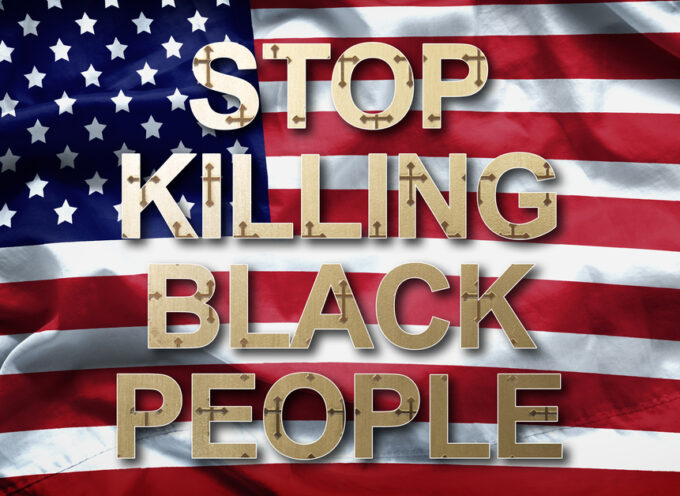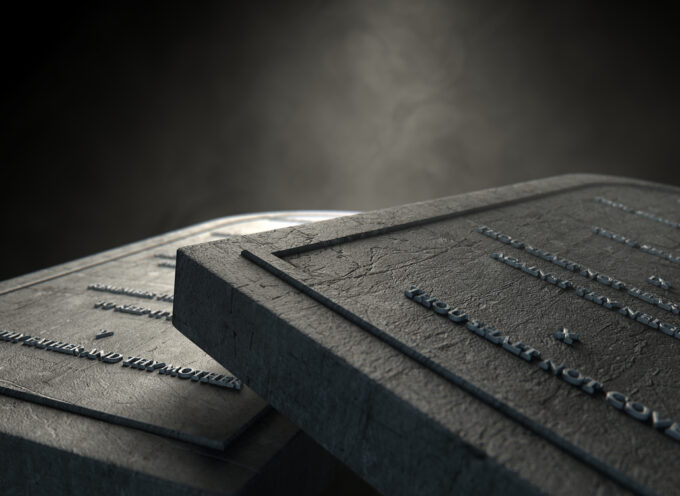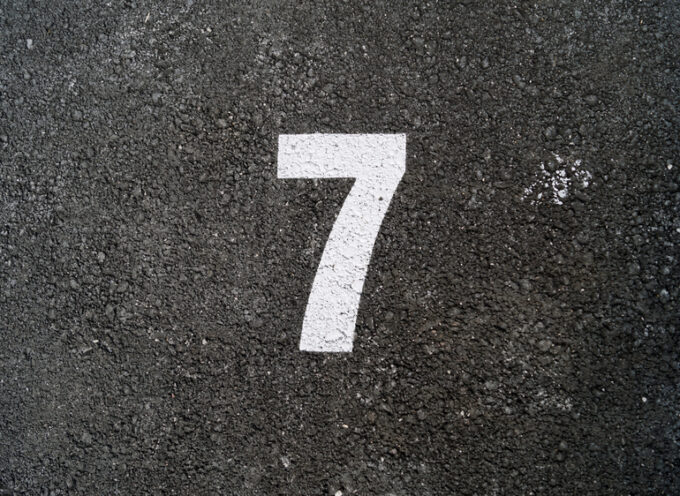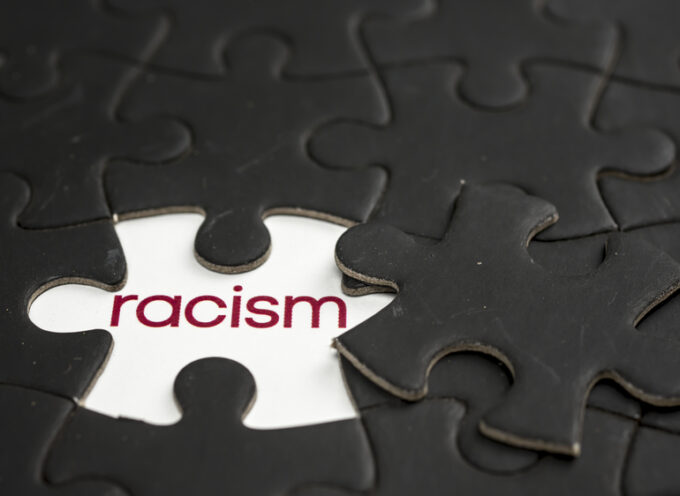Hunter Baker is one of the premier evangelical political scientists of our day. He is the author of The End of Secularism, Political Thought: A Student’s Guide, and The System Has a Soul, and serves as Associate Professor of Political Science at Union University (Jackson, TN) and associate editor of The Journal of Markets & Morality. He is also an affiliate scholar of the Acton Institute.
Dr. Baker is probably best-known for the publication of The System Has a Soul, in which he exhorts the Christian church to be the conscience of our nation’s political system. I’ve read all of his books, but this one especially caught my attention, as it speaks constructively about the way Christians should think about notions such as liberty, government, commerce and education. I asked Dr. Baker if he would be willing to engage in a written interview about the book. He agreed, and the following is a transcript of our interview:
Bruce Ashford: Thank you for agreeing to talk about the ideas in your book, and the implications they have for Christian faithfulness in politics and public life. Let’s start by getting to know you a little bit: who is Hunter Baker? How did you become interested in political science?
Hunter Baker: Although I grew up in the American south, in Alabama and Florida, I did not grow up as a Christian. My parents took us to church during different time periods, but I just didn’t get it at all. To me, God was a potential fulfiller of wishes. I remember watching one of the Easter showings of Jesus of Nazareth and thinking, “Why in the world are they nailing him to that cross?”
I experienced a dramatic conversion to Christianity as a student at Florida State University. The Christian author and professor Robbie Castleman was the Intervarsity staff worker in those days. Through her ministry and through relationships with other Christians I met, I found myself increasingly drawn to the Christian faith. Reading Peter Kreeft’s Between Heaven and Hell (a portrayal of an afterlife conversation between C.S. Lewis, John F. Kennedy, and Aldous Huxley) was the clincher. I don’t think I even knew who Lewis was before I read that book. Someday I hope to write about that time in my life.
As a result of becoming a Christian, I experienced a renewing of the mind and found that the faith opened up new intellectual horizons. The thrill of reading and learning became more intense. Ultimately, I found the best channel for the work I wanted to do when, at the age of 37, I became an academic.
Bruce Ashford: OK, now let’s talk about the book. What is its thesis and why did you write it?
Hunter Baker: After I wrote The End of Secularism, I began to have a wide variety of opportunities to speak and write. Over time, I found I had accumulated several essays and lectures that I wanted to bring together in a single book. There were a number that didn’t make the final cut, but this collection represents an attempt by a Christian thinker to offer constructive defenses of our freedoms and proposals for how we should act constructively in our politics. The title, The System Has a Soul, is the one I used in my Gheens Lectures at Southern Seminary. What I tried to express is the idea that the church is something like a conscience for the broader society. The “system” is the machine that comes about through functional differentiation and professionalization. We try to isolate our means of doing things from any kind of “extraneous” religious or moral influence, but in my mind that would be a terrible mistake. I’ll never forget a sentiment preserved from one of the founders of Houston Baptist University. “Some schools will teach students how to make atomic bombs. We hope to develop minds that can grapple with the question of whether one should ever be used.” That’s probably a slight paraphrase, but the sentiment is clear: the system needs a soul. Functional differentiation is not enough.
Bruce Ashford: I’d like to hone in on your view that the church should function as a conscience of sorts for the broader society. In the book, you apply your view to various dimensions of life such as government, business, liberty, and education. Let’s take the concept of liberty as our test case. How should the church be society’s conscience in relation to something as fundamental as liberty?
Hunter Baker: The first thing to say about liberty is that it should be distinguished from pure autonomy. When I speak or write about liberty, I’m typically thinking of something like “ordered liberty.” Ordered liberty is freedom properly related to virtue. One of the things I tell students is that freedom divorced from virtue is not likely to last.
One of the things Christians and secularists argue about is the nature of the American founding and whether the framers of the Constitution were secular or religious. The goal of such argumentation, I suppose, would be to establish some kind of lease on the republic for either side. In a sense, it doesn’t matter because each generation confronts the Constitution and interprets it as it will.
But one thing is pretty clear about the founders, I think. They knew they were undertaking something very challenging. Read the classical writers, as the founders did, and you will see that democracy was often not held in high esteem. It was seen as mob rule, viewed as unstable, believed to open the door to chaos and then tyranny, etc. You see an attempt to grapple with that in the design of the mixed regime. President = king, senate = aristocracy, house = democracy. They also recognized the necessary connection between freedom and virtue. Whether they believed in Christianity or not – I think it was a mixed group in that sense – they tended to see religion as an important source of virtue.
Christianity is much bigger than some primer on proper conduct. But certainly our faith should teach us to get beyond our self-centeredness, to love others, and to make decisions consistent with the lordship of Christ in our lives. And we should model those priorities for the rest of the world.
As I write that the previous paragraph, I see an opening to make my point more responsive to your question. It goes beyond the question of liberty, but I think it is illustrative. Reinhold Niebuhr was not a pacifist. In fact, he wrote an essay on why the Christian church is not pacifist. In that piece, he identified the Christian church as the people who understand the fundamental fact of sin in the world and who recognize that it must be combatted. That’s one level of the Christian church acting as a kind of conscience. But while he argues against the pacifist Christians, he doesn’t want them to stop proclaiming pacifism. Why not? Because he sees them as upholding a higher standard still and bearing witness to the world as it would be if regenerate. That’s another level of the church acting as a kind of conscience. I think both are important.
Bruce Ashford: You’re on a roll. Let’s not stop. What about government? How should the church be society’s conscience in relation to the government?
Hunter Baker: When I write about liberty, for example, I am typically suggesting that the government has to be very careful about the ways it infringes upon liberty. One of the distinctive features of government is that it is the entity in society that has a monopoly upon the legal use of force. When it limits liberty, it does so, ultimately, with the gun, the nightstick, the jail cell, and even the army behind it. That kind of power is tremendously tempting to everyone, including people of good will. We are tempted to try and bring about the perfect society via mandate.
Those thoughts lead me to consider Augustine and the way he warned that we often confuse real peace with the mere absence of conflict that can come when we impose our will. We want to establish the peace of our own making. But that peace is often unjust and therefore cannot be real peace. The only real peace with justice comes from God’s authority and our acknowledgement of it.
The point I’ve just made highlights one of the real challenges for modern governments. We are pluralistic and can’t see ourselves saying that our governmental authorities derive from and are limited by God’s rule. That means power flows from consent. Consent is important, but it doesn’t wash away all the problems. Tocqueville, in particular, was eloquent in speaking to the dangers of the majority confusing itself with righteousness. Consent can also be dangerous (to channel Tocqueville again) because we can come to resemble the dog who hands his leash to a master and then resigns all sense of agency. We go where we are led and become accustomed to it.
I think one of the ways we can serve our nation as Christians is to be that consistent voice reminding the government that it is not God and that its realm of authority is limited. Caesar has a domain, but it is not co-extensive with God’s. Only God can rule the soul. We have to be vigilant in our observance of that reality.
Bruce Ashford: Nicely put. I agree. Abraham Kuyper often spoke about the danger of the government becoming like a giant octopus, reaching its tentacles into each sphere of culture and into every dimension of one’s personal life. When Kuyper wrote, he was writing against the sort of militant secularism stemming from the French Revolution. I’m curious, who are the prey you are stalking? Which ideologies or thought leaders are most opposed to the political vision you are casting in The System Has a Soul?
Hunter Baker: I love the Kuyper language about government violating its proper limits and extending its tentacles everywhere. And I love the fact that his ARP was the Anti-Revolutionary Party opposed to the French Revolution. You know, I watched the Lee Strobel Case for Christ film recently and thought about how single-minded Lee has been in his apologetic ministry. I think, in my own way, I have been dedicated to resisting the advance of aggressive, statist secularism. There is more than enough evidence in recent history to demonstrate the dangers of that worldview for human beings and especially for people of faith. We’ve had the hard version with Robespierre, Stalin, Mao, Castro, Kim, and others. But I think we’ll increasingly see the soft version that is also quite bold. In this case, instead of directly persecuting they will do things to make it difficult to function in the economy as a business owner or professional unless you embrace certain precepts and act in a certain way that can be antithetical to the Christian faith.
I concede that much of my program has been negative (taking the form of resistance) so far. Some students and readers have encouraged me to try and state a positive vision for a Christian politics. I think about that a lot these days. Kuyper is not a bad role model there, either.
Bruce Ashford: Thank you, Dr. Baker. And to those of you reading this interview, I encourage you to buy The System Has a Soul, read it, and allow yourself to be challenged by it. One of its unique merits of the book is that it combines scholarly rigor with a lucid and engaging writing style.
Subscribe
Never miss a post! Have all new posts delivered straight to your inbox.







